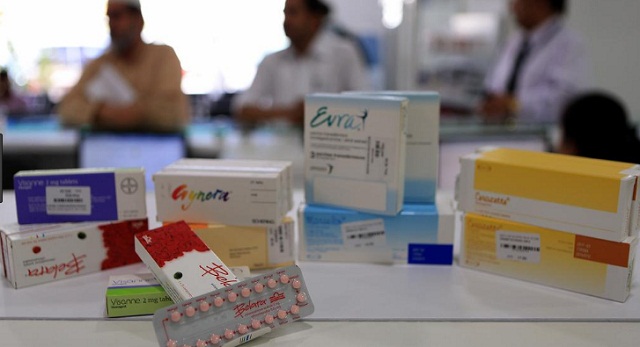
SEMA initiative will ensure reproductive health products are available to women and girls in an equitable, cheaper and efficient manner
Nairobi, Kenya | Xinhua | Three African countries including Burkina Faso, Nigeria and Uganda on Monday joined hands with international donors to launch an initiative aimed at improving access to reproductive health services including contraceptives.
Senior policymakers said the launch of Shaping Equitable Market Access (SEMA) for Reproductive Health initiative will help reduce unintended pregnancies and unsafe abortions among women and girls in Africa and other low-income countries.
“When women and girls lack access to sexual and reproductive health products like contraceptives and medicines to manage pregnancy-related complications, whole societies suffer,” said Kayode Afolabi, head of Reproductive Health Division at Nigeria’s Federal Ministry of Health in a statement issued in Nairobi.
Kayode said the SEMA initiative will focus on reforming supply chains to ensure reproductive health products are available to women and girls in an equitable, cheaper and efficient manner.
International donors have committed over 50 million U.S. dollars to the SEMA initiative, and aim to raise about 50 million dollars in the next five years to boost its implementation.
Among key objectives of the initiative will be to build a robust market for sexual and reproductive health products and help governments mobilize funding, investments to promote universal access to contraceptives.
“Realizing gender equality demands that we pool our talents and resources to stand up for sexual and reproductive health and rights,” said Natalia Kanem, executive director of UN Population Fund (UNFPA).
She said the SEMA initiative will stimulate investments and innovations required to boost access to reproductive health products among women and girls in resource-constrained settings.
According to UNFPA, 218 million women and girls in low and middle-income countries who want to delay or avoid pregnancy lack access to modern contraceptives.
Likewise, about 810 women of reproductive age die every day from pregnancy-related complications and unsafe abortion as contraceptives elude them amid poverty, harmful cultural beliefs and policy gaps.
Charlemagne Ouedraogo, Burkina Faso minister for health said that the SEMA initiative which will seek a paradigm shift to ensure access to reproductive health services is at the center of maternal and child health programs in the developing world.
*****
Xinhua
 The Independent Uganda: You get the Truth we Pay the Price
The Independent Uganda: You get the Truth we Pay the Price



